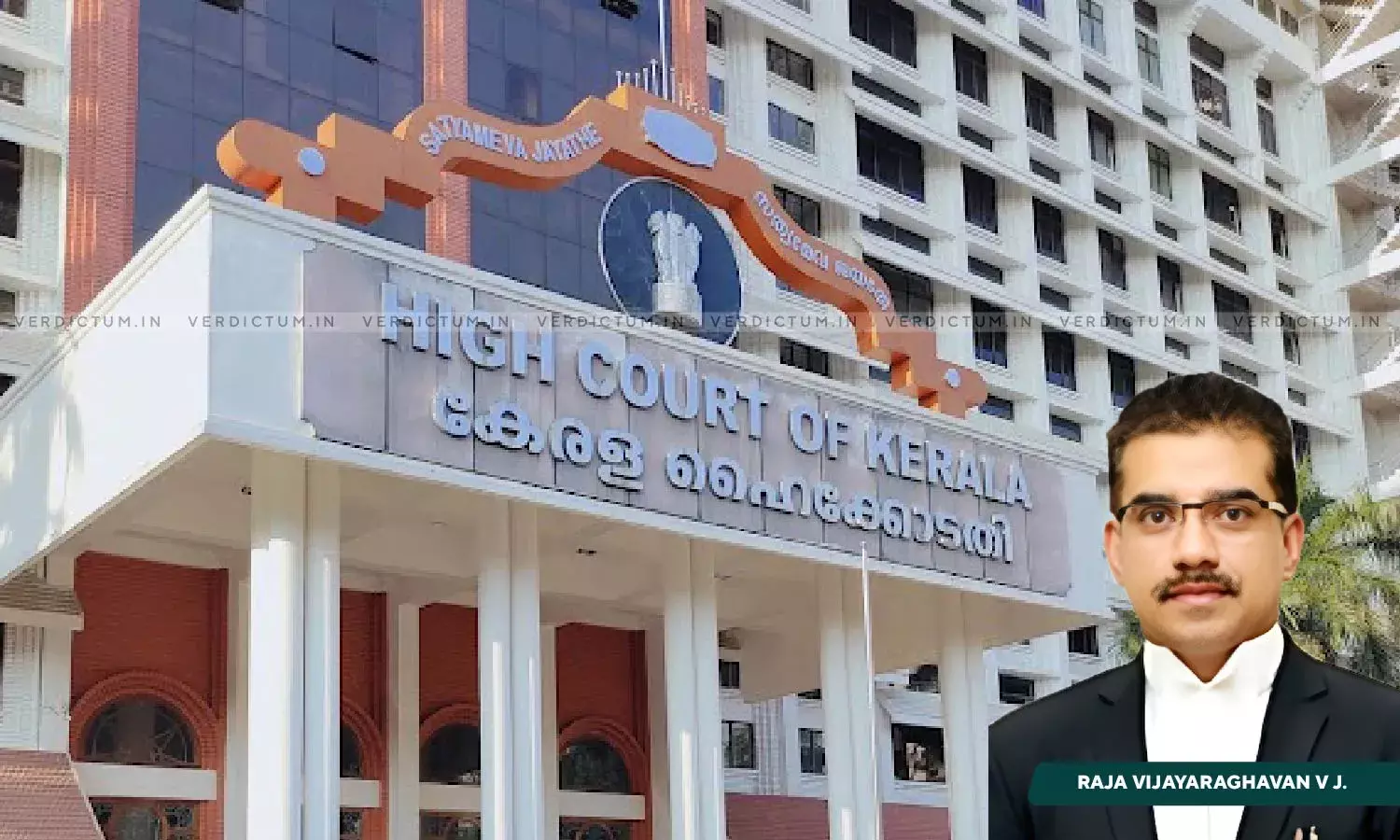Powers U/s. 482 CrPC For Quashing Of Proceedings Can Only Be Exercised When Complaint Is Frivolous Or Oppressive- Kerala HC

Referring to the decision of the Apex Court in State of A.P. v. Golconda Linga Swamy [(2004) 6 SCC 522], and considering that the petitioner who was an Advocate, had been facing accusations of demanding money for favorable outcomes, the Kerala High Court cited principles of criminal law rooted in Latin maxims and highlighted the importance of vigilance and justice, nullified the proceedings stating the allegations as malicious, to ensure petitioner's success in the case.
A Single Judge Bench of Justice Raja Vijayaraghavan V observed that “It needs no deliberation that the object of criminal law is to punish perpetrators of crime. This principle has its basis on the maxim “'nullum tempus aut locus occurrit regi', which means that a crime never dies. The policy of law is expressed in the Latin maxim 'vigilantibus et non dormientibus, jura subveniunt', which means that the law assists only those who are vigilant and not those who sleep over their rights”.
Observing that the exercise of the inherent powers to quash the proceedings is called for only in a case where the complaint does not disclose any offence or is frivolous, vexatious, or oppressive, the Bench stated that the authority of the court exists for the advancement of justice, and if any attempt is made to abuse that authority to produce injustice, the court has the power to prevent such abuse.
“In the exercise of powers under Section 482 of the Code, this Court will be justified in quashing any proceeding if it finds that initiation or continuance of the proceedings amounts to abuse of the process of the court”, added the Bench.
Advocate M.R. Nandakumar appeared for the Petitioner, whereas Advocate T R Ranjith appeared for the Respondents
The brief facts of the case were that on March 3, 2023, a complaint was filed at Cheranalloor Police Station against the petitioner who is an Advocate by profession with extensive experience, by the complainant (third respondent). The complainant's estranged wife had hired the petitioner as her advocate for various disputes between them in different courts, alleging that the petitioner demanded Rs.10 lakhs from the complainant in exchange for a favorable outcome and implied his passport might be blocked. On Dec 15, 2013, the complainant gave Rs.5 lakhs to the petitioner, believing his wife's cases would be withdrawn and the payment transferred, but only one case was withdrawn, leading the complainant to accuse the petitioner of fraud. The delay in filing the complaint was attributed to fear of retaliation from the petitioner.
After considering the submission, the Bench observed that the legal scenario involves allegations of financial misconduct and abuse of legal position, underlining the complexities of advocate-client relationships and potential misuse of power within the judicial framework.
The Bench went on to elucidate that the issue of limitation arises in the context of filing the complaint nearly a decade after the petitioner relinquished their Vakkalath.
“Admittedly the transaction of handing over the amount was on 15.12.2013. It is evident from Annexure R3 (a) that the petition pending before the learned Magistrate was withdrawn on 25.1.2014. The complaint was lodged before the police only on 3.3.2023, and the FIR was registered on the same day”, added the Bench.
The High Court noted that the invocation of inherent powers to annul legal proceedings is warranted solely in cases where the filed complaint lacks indications of an offense or is characterized as frivolous, vexatious, or oppressive, and the court’s jurisdiction exists to promote justice, and any endeavor to exploit this authority in a manner that yields injustice empowers the court to thwart such misuse.
The High Court also observed that while exercising jurisdiction pursuant to Section 482 of CrPC, the court is justified in nullifying any legal process if it perceives that the initiation or progression of such proceedings constitutes an exploitation of the court's processes.
Consequently, noting that the continuation of criminal proceedings against the petitioner would amount to a misuse of the legal process, the High Court concluded that the petitioner's entitlement to success is indisputable, and therefore, annulled the subsequent actions arisen against the petitioner.
Cause Title: Saiby Jose Kidangoor v. The State of Kerala and Ors.
Click here to read/download the Order

